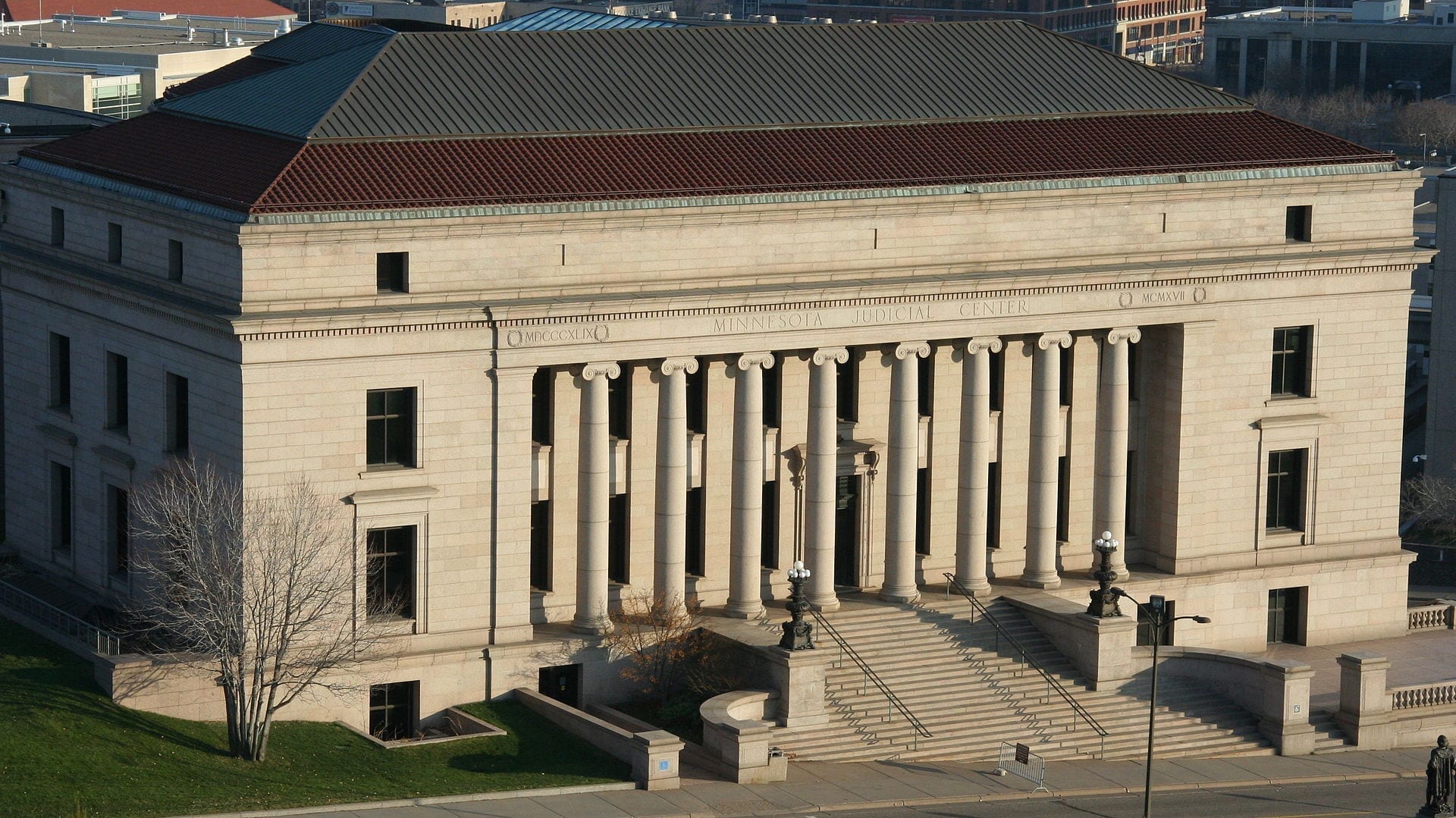The Minnesota Supreme Court remanded a high-stakes school segregation lawsuit on Wednesday, one year after an appeals court had thrown the case out.
The 4-2 ruling settles a question that had plagued the litigation since its inception: whether the provision of adequate education is an issue best taken up courts or congress.
Writing for the majority, Justice Natalie Hudson opined that, while the Minnesota Constitution requires the Legislature to provide students with quality schools, the judiciary still retains the right to decide if lawmakers have made good on their obligation.
“We will not shy away from our proper role to provide remedies for violations of fundamental rights merely because education is a complex area,” Hudson wrote. “The judiciary is well equipped to assess whether constitutional requirements have been met and whether appellants’ fundamental right to an adequate education has been violated.”
Filed in 2015 by the parents of seven Minneapolis and St. Paul children, the suit claims that the ‘state contributed to racial and socio-economic segregation’ by setting district boundaries and exempting charter schools from desegregation plans. Under the state’s purview, minorities and impoverished minors were pushed into lower-performing schools, purportedly violating their civil rights.

succo via Pixabay, www.pixabay.com. Public domain.
The state initially argued that the issue was one reserved for legislature; that argument persuaded an appeals court but couldn’t find enough support in the Minnesota Supreme Court.
“It is well within the province of the judiciary to adjudicate claims of constitutional violations,” wrote Hudson.
“We conclude that the courts are the appropriate domain for such determinations and that appellants’ Education Clause claims are therefore justifiable,” Hudson said.
Dan Shulman, an attorney representing the plaintiffs, said the families were ‘thrilled by the decision.’
“If the state creates a segregated education system and violates the Minnesota Constitution, courts are equipped and able to determine whether a violation has occurred and order the state to fix it,” he said.
US News reports that the state Department of Education is reviewing the ruling and will “continue to prioritize equity as a pillar of our work,” adding that “we are committed to ensuring that each student achieves their fullest potential.”
Both of the dissenting justices lent credence to the state’s earlier claims that the courts were an inappropriate venue for the segregation case. Writing for the minority, Justice Barry Anderson said that simply casting the matter as one of constitutionality neither requires nor allows the judiciary to intervene.
“Indeed, the point of judicial caution and prudence is to preserve the separation of powers among the branches of our government that is enshrined in the Minnesota Constitution,” Anderson challenged, claiming that the Legislature is ‘constantly’ revising its policies to ensure that all children have access to acceptable educations.
Sources
Minnesota Supreme Court Allows School Segregation Lawsuit
Minnesota Supreme Court remands previously dismissed school segregation case
Minnesota Supreme Court says school segregation case can proceed


Join the conversation!